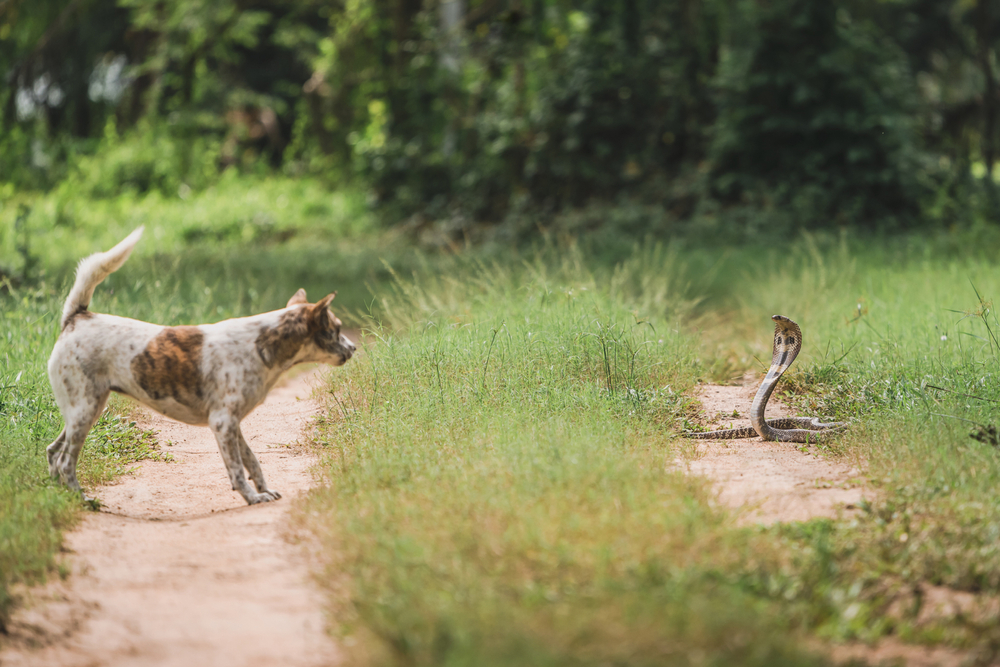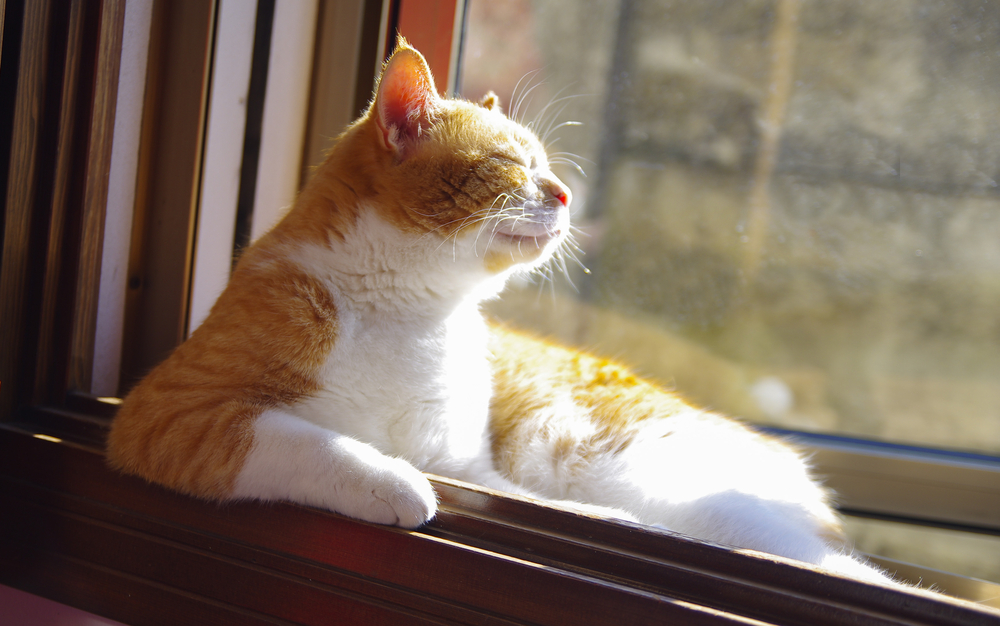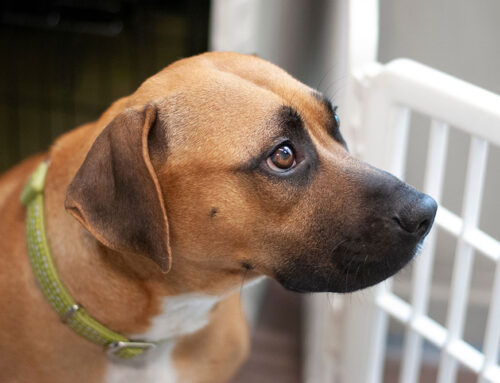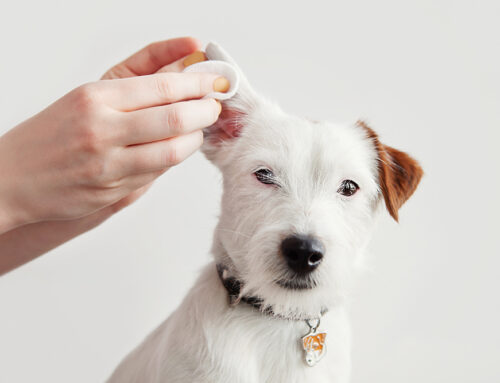Summer is a great time to get outdoors with your pet, friends, and family. Opportunities abound for fun and adventure, but hot weather and other seasonal hazards can harm your pet’s health and well-being. Our Memorial Villages Animal Hospital team has compiled this summer safety tips list to help you learn to keep your furry pal safe, cool, and comfortable.
1. Keep pets hydrated
Pets need plenty of water to stay hydrated during the hot and humid summer. Dehydration can cause your pet to suffer severe heat-related illnesses. To ensure your pet stays hydrated, follow these tips:
- Provide fresh water by checking and refilling water bowls frequently.
- Place water bowls throughout your house and in the yard.
- Carry water and a portable bowl on outings, even short walks.
2. Keep pets cool
Overheated pets can suffer from heatstroke, a condition that often proves deadly. Signs your pet is overheated include excessive panting, rapid heart rate, drooling, vomiting, diarrhea, or weakness. Keep your pet cool and comfortable by following these tips:
- Avoid strenuous exercise during the hottest parts of the day.
- Ensure your pet can access shady areas outside, and never leave them unattended.
- Keep vulnerable pets, including overweight, older, or short-nosed pets, in a climate-controlled area.
- Never leave your pet in a parked car, which can become an oven in only a few minutes.
3. Protect pets’ paw pads
Hot pavement and other sun-baked surfaces can burn your pet’s paw pads. Test surfaces with your hand before allowing your pet to walk or stand on them. If your usual path is too hot for your pet’s paw pads, walk in the grass or outfit your furry pal in protective booties. You can care for your pet’s paws after walks by moisturizing them.
4. Keep pets away from parasite and pest habitats
Summer is prime time for pests such as fleas, ticks, and biting insects. Check your pet regularly, especially after coming in from outdoors. We also recommend using a long-lasting flea and tick preventive, which comes in oral and topical formulas to fit all lifestyles. You can minimize your pet’s exposure to parasites and pests by avoiding tall grass and wooded areas, staying on paths when walking, and keeping your yard debris-free.
5. Practice pet water safety
Many pets love to swim, but water can be hazardous. Without adequate supervision or safeguards, inexperienced or unconditioned swimmers can drown. Natural bodies of water may also contain bacteria, parasites, or toxins from deadly blue-green algae. Keep your pet safe around water by closely supervising them, outfitting them in a life jacket, rinsing off their fur after swimming, and avoiding stagnant or scummy water.
6. Protect pets from the sun
Pets with short, sparse, or light-colored fur can get sunburned. Provide pets with shade outdoors and limit their sun exposure to a few minutes daily. You should also apply pet-specific sunscreen on hairless pets or sparsely haired skin areas.
7. Help pets cope with noise aversion
Fireworks and thunderstorms are common triggers for noise-averse pets. Noise aversion is a disorder that causes pets extreme stress or anxiety that lasts minutes, hours, or sometimes days after a noise has stopped. Help pets cope by creating a safe, quiet space where they can retreat during scary events, using calming supplements and products, and playing classical or soothing music. Speak with our team about prescribing an anti-anxiety medication for your pet if their noise aversion is severe. In addition, your pet is more likely to be reunited with you if they are microchipped and wear a collar with a legible ID tag for identification in case they get spooked and run away during a noisy event.
8. Prevent pets from encountering venomous snakes

Texas is home to various venomous snakes, including rattlesnakes, cottonmouths, and copperheads, who are often spotted in more significant numbers during the summer months. Help prevent your pet from getting a snakebite by supervising them when they are outdoors, checking your yard before allowing your pet outside, and removing snake hiding places in the yard. In addition, enroll your pet in a positive-reinforcement snake aversion training course.
Follow our pet safety tips to protect your furry pal from summer hazards. Contact our Memorial Villages Animal Hospital team to schedule a preseason wellness visit or parasite control consultation.









Leave A Comment